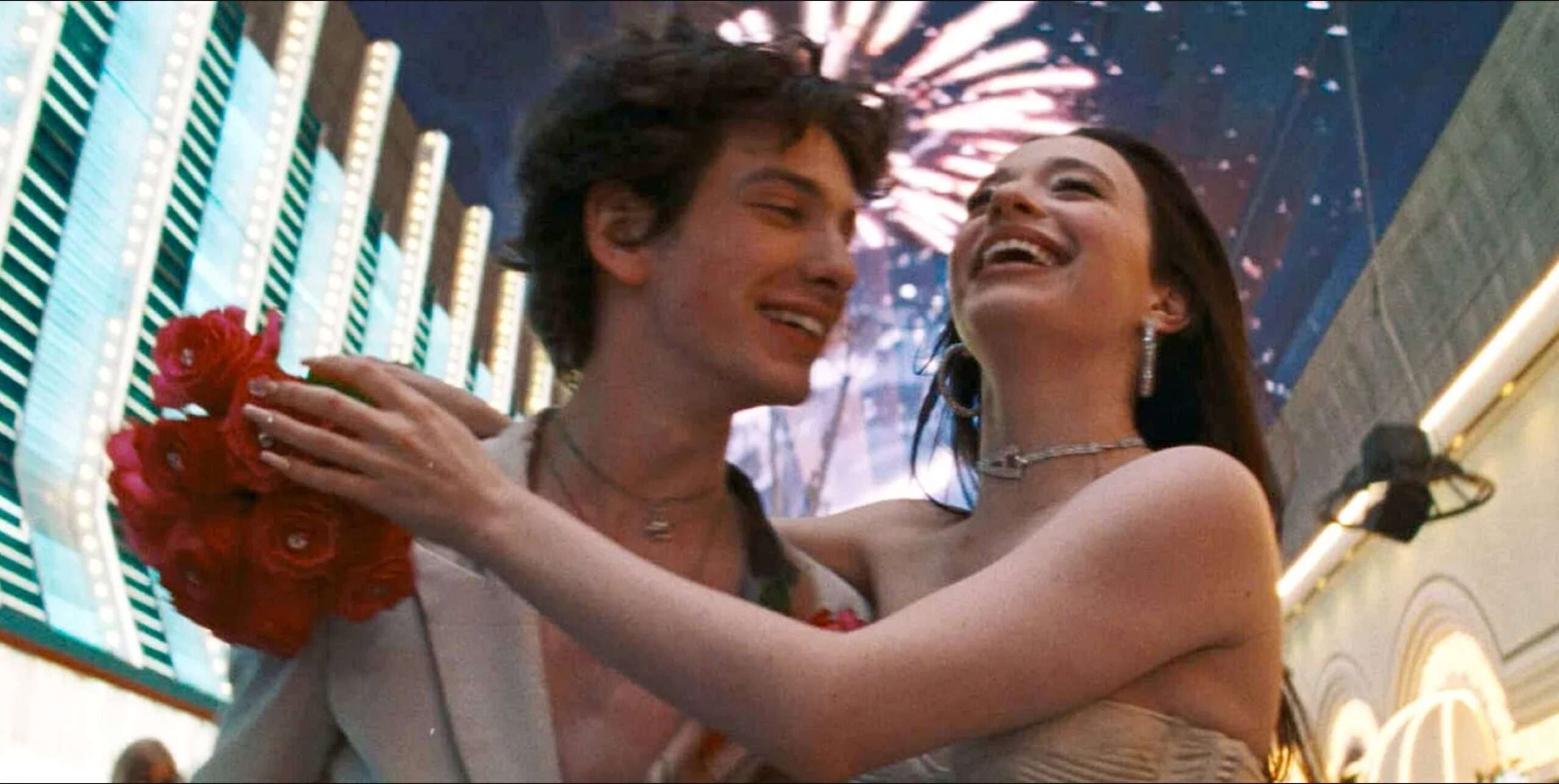Sean Baker’s “Anora” is a Vibrant Tribute to Working-Class Existence
“Anora,” directed by Sean Baker, opens in a strip club, weaving together a tapestry of working-class life that combines humor and tragedy. The film introduces Anora, a skilled dancer who adeptly manages her clients for private sessions, portraying her work as part of the service industry rather than an act of moral degradation. This setting symbolizes the themes of capitalism and exploitation that are prevalent in the world Baker creates. The film does not shy away from highlighting the transactional nature of human interactions but emphasizes the dignity of work and the strength found in self-reliance. Throughout this narrative, Baker’s lens captures the chaotic yet colorful aspects of a marginalized slice of American life, providing a compelling commentary on the intricacies of human relationships against the backdrop of economic necessity.
The film’s pivotal moments unfold in a relaxed break room, where Anora casually consumes her meal amid the everyday bustle of a working-class environment. It contrasts starkly with the glamour often associated with the strip club’s exterior. This choice of settings serves to illustrate the duality of her life; while she navigates an unpredictable profession, she is grounded in her reality. The dynamic between Anora and her clients, particularly a young Russian oligarch’s son, Ivan, ignites a narrative that resembles a modern, protestant twist on “Pretty Woman.” Their relationship evolves through negotiations over money and companionship, blurring the lines between genuine connection and contractual obligation, marking a modern exploration of romantic entanglements intertwined with personal and financial motives.
As the film progresses, Anora’s accidental marriage to Ivan introduces new stakes, transforming her role from a mere dancer to a family member within an elite and disconnected household. Their impulsive union quickly attracts familial repercussions, particularly from Ivan’s father, who sends minders to annul the marriage. This familial conflict ignites a compelling quest, with Anora reluctantly caught in the middle of Ivan’s world, as the trio dispatched by his father seeks her assistance in locating him. Baker artfully employs humor and heart to navigate this situation, ensuring that the film remains engaging and buoyant despite its darker undertones. Compelling human interactions characterize this segment of the film, offering moments of levity amidst the chaos as Anora grapples with her new role.
In her journey, Anora is physically threatened and even kidnapped, yet Baker maintains a lighthearted tone infused with a screwball comedy aesthetic, defying conventional narrative expectations. The interactions between Anora, the minders, and the chaotic backdrop of their circumstances create a humorous yet poignant commentary on the absurdities of life amid systemic oppression. Baker’s storytelling is distinctive for its refusal to romanticize the struggles of his characters; instead, he highlights the richness found in their experiences, combining the gritty realities of life with comic incidents and unexpected camaraderie. He captures the essence of working-class life in a way that feels both real and relatable, inviting audiences to reflect on their empathy for those on society’s margins.
Though it lacks the fairytale ending typical of romantic comedies, “Anora” ultimately embraces the real-life complexities of existence. Baker’s portrayal of working-class individuals insists that life, however challenging, is imbued with dignity and meaning. His frank and unflinching gaze at the world’s inequities leads to a narrative grounded in realism rather than fantasy. The characters—an amalgamation of flawed yet resilient human beings—navigate their struggles with a sense of humor and grace, underscoring the film’s core message that life’s worth transcends its trials.
In conclusion, “Anora” is a visceral and insightful journey into the intricacies of working-class life, blending humor with harsh realities while refusing to shy away from the challenges its characters face. Sean Baker deftly directs this film as a celebration of resilience and the value of every person’s existence, challenging viewers to confront their perceptions of dignity and work. Through Anora’s journey, Baker delivers a refreshing narrative that resonates with the complexities of modern life, urging audiences to reflect on the deeply human experiences that define us all. The film stands as a testament to Baker’s skill as a storyteller, marking “Anora” as one of the year’s standout cinematic works that pushes boundaries while also evoking laughter, empathy, and a renewed appreciation for life, even amidst hardship.
Share this content:












Post Comment